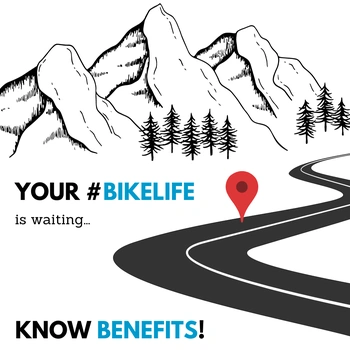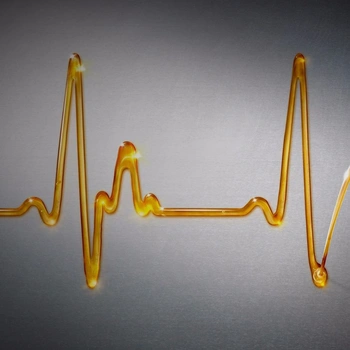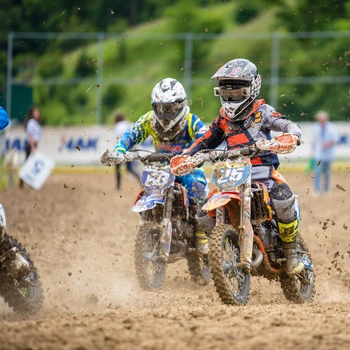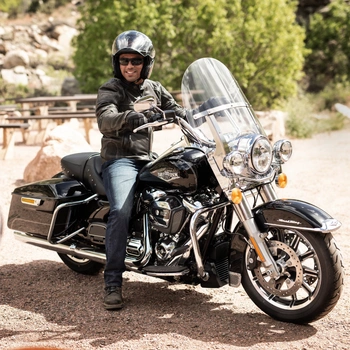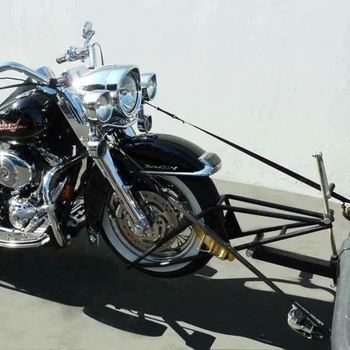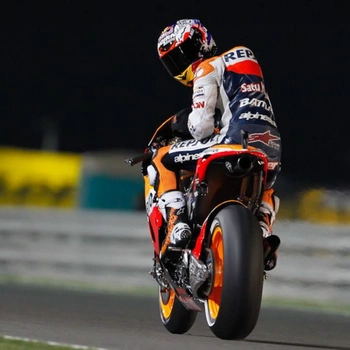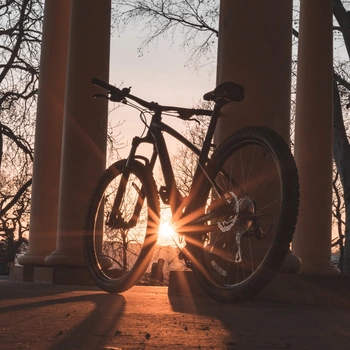
Many people just seem confused about whether to buy a gearless single speed cycle or a geared cycle. Though the difference seems pretty simple, there are a lot of elements that affect your bike preference.
In this article, we will discuss bicycle gearing, gear inches, cadence, gear ratio, the difference between gearless and geared cycles, derailleur, their classifications and the advantages and disadvantages of both types of cycles.
Bicycle Gearing: Gear vs Gearless Cycle
There are basically two types of bicycles in terms of gear type. One is Geared Cycles or Multi-Speed Bicycles which have multiple gears. The other is Single-Speed Bicycles or Gearless cycles which otherwise mean cycles with a single gear ratio.
Before discussing both gearless and geared cycles in detail, let us know some basic terminologies of bicycle gearing and more which will help us in getting a better idea about the difference between gear and gearless cycle.
Cadence or Pedalling rate
The rate at which a cyclist or rider pedals i.e, the number of crank revolutions per minute. Slow Cadence is referred to as “grinding” or “mashing” while fast Cadence is known as “spinning”.
As geared bicycles have multiple gears, having a preferred cadence at a varying range of speeds is possible. While in Gearless or Single-Speed cycles, the rider’s legs produce power or cadence within a very narrow range of pedalling speed.
Gear Ratio and Gear Inches
The crankset or Chainset of a bicycle consists of chainrings (consisting of one or more sprockets) and crank arms to turn them. Different cranksets make a difference in the cycling style and gearing.
For example, if your bicycle has a 26-inch diameter wheel with both front chainring and rear sprocket (cog) having the same number of teeth, the gear ratio of the front to the rear is 1:1.
This means, one turn of the pedal gives the wheel one revolution. Most likely, the chainring has 40 teeth and the rear cog has 20 teeth, which means each turn of the crank revolves around the cycle wheel twice or 52 inches.
Gear Inches = [bicycle wheel diameter in inches x (number of teeth in front chainring/number of teeth in rear cog)]
Note: Gear inches is not the distance your wheel travels, rather it’s a standard number to compare to other bicycle drivetrains. To determine how far your bicycle travels in one revolution of the pedal, we consider the circumference of the wheel to find the “development” of the gear.
Distance travelled by cycle in one pedal revolution = [ wheel circumference x number of teeth in front chainring/number of teeth in rear cog ]
Single Speed Cycles or Gearless/Non-Geared Cycles
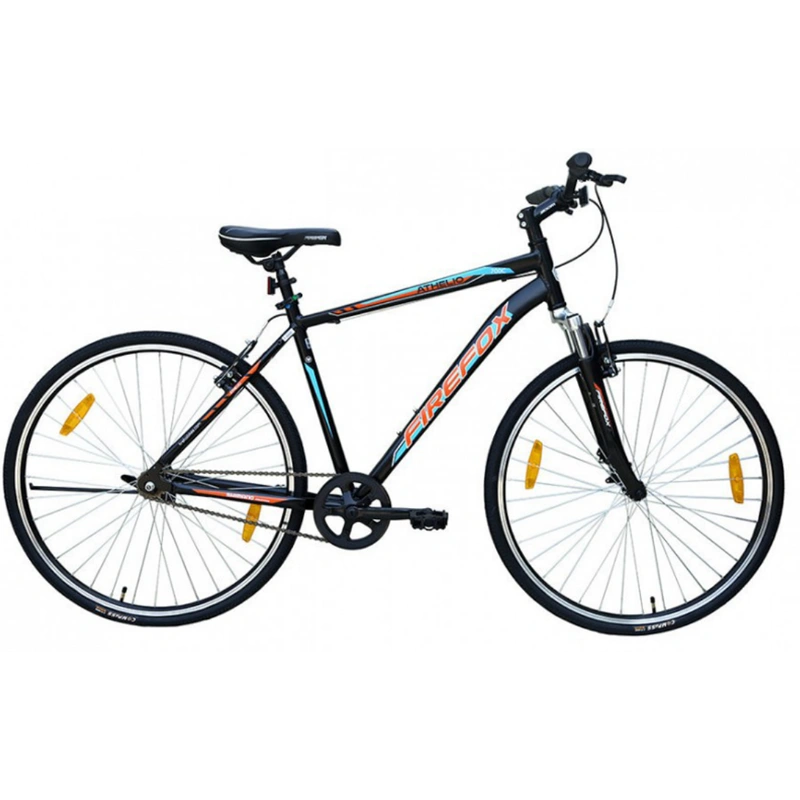
As discussed above, gearless or non-geared cycles have a single gear ratio and are otherwise known as Single-Speed Cycles. The speed of these cycles i.e; how fast or slow you go depends on how fast you pedal. The chainring size at the front is comparatively bigger than the sprocket size on the back. Based on the movement of sprockets on the back, gearless cycles are further classified into Freewheel Cycles and Fixed Wheels Cycles.
Freewheel Cycles
In Freewheel cycles, the sprockets at the back can turn independently and the rear wheel can continue rotating without the need of pedalling. Freewheel cycles have the mechanism wherein the power gets transferred from the pedal to the wheel and not vice-versa.
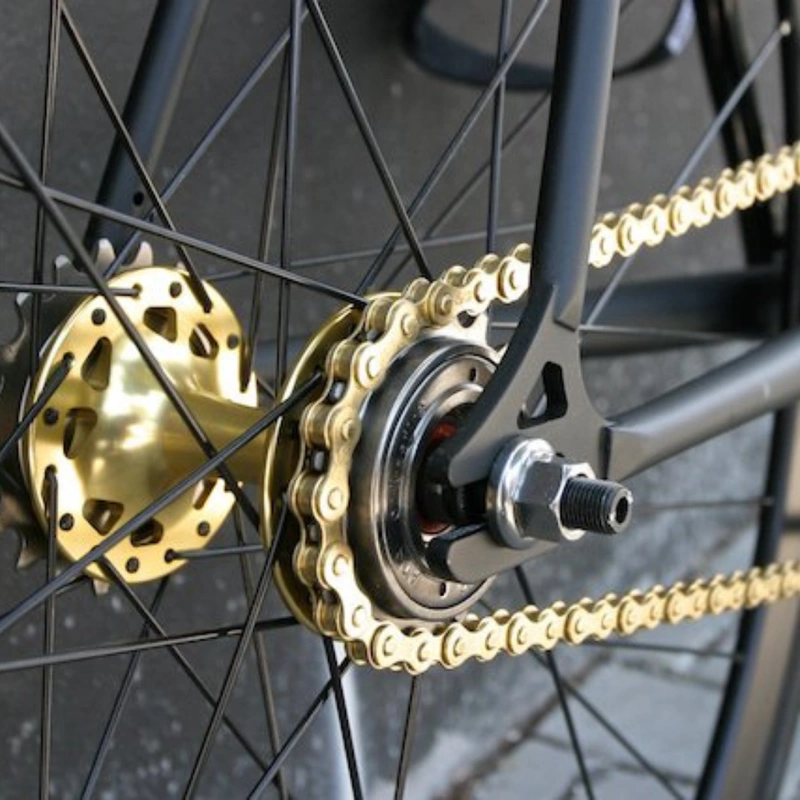
The freewheel mechanism allows the rear wheel to turn faster than pedalling, hence you can stop pedalling and the cycle moves on. Riding downhill becomes easier and less dangerous as there is no need to keep pedalling while cruising down.
Fixed Wheel Cycles or Fixie Bikes
Fixed wheel cycles have their rear wheels connected directly to the pedal via threaded or bolted rear cog sprockets and have a single gear ratio. Unlike freewheels where the motion of the rear wheel is independent of the pedalling, wheels in fixed wheel cycles rotate only when the pedal is turning.
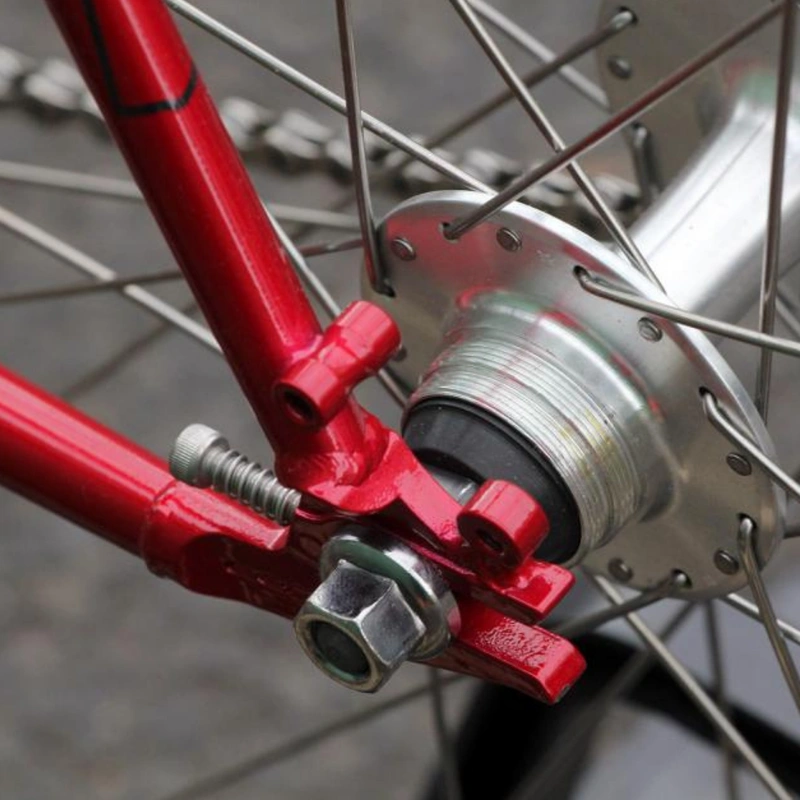
To move forward you pedal forward, to go back, you reverse pedal and to brake, you stop pedalling. Opting for fixie bikes requires prior practising and is often used for indoor racing events and exercising.
Advantages of Gearless Cycles
Gearless cycles are easy to use and maintain. The bike can be fixed easily in a jiffy
Simple to ride as there are no worries of gear shifting or accurately combining
Improves cadence and pedalling rhythm
Very affordable than geared cycles
Disadvantages of Gearless Cycles
Gearless cycles are best suited for smooth terrains like city roads. It becomes difficult and tiring to ride on hilly terrains and bridges
The speed of your gearless cycle depends on how fast or slow your pedal. Thus, your riding speed gets limited
Causes strain in muscles after riding for long distances
Geared Cycle or Multi-Speed Cycle
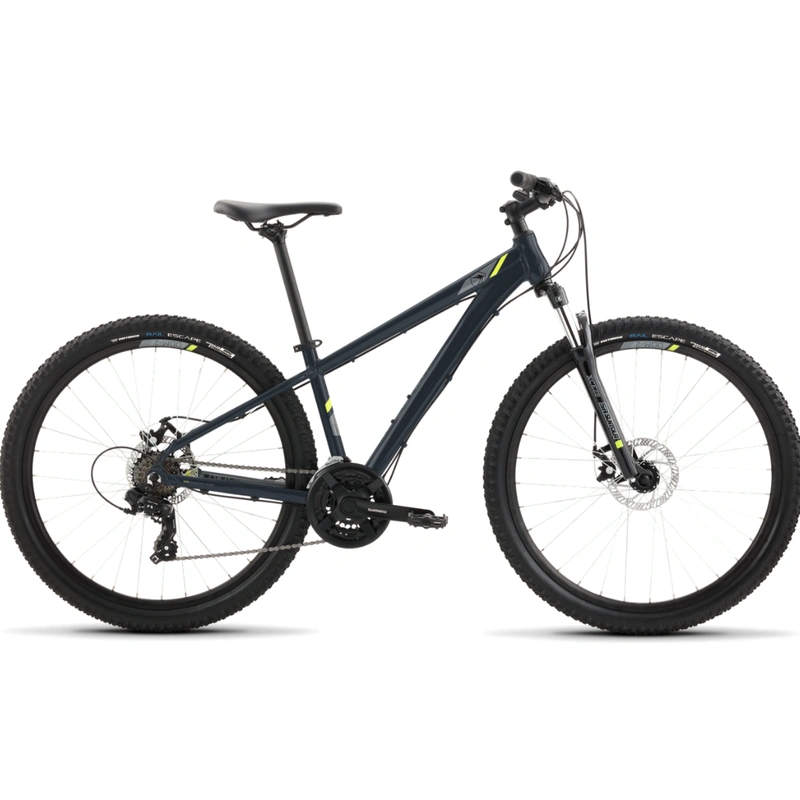
Geared cycles have multiple gear combinations and you can choose gear ratio as per riding preference. The majority of gear cycles come with a derailleur gear system, wherein the gear ratio can be changed by moving the cycle chain from one sprocket to another.
The cycle goes fastest or has the highest gear ratio when the chain is positioned on the biggest front sprocket and smallest rear sprocket or cog. The lowest gear ratio is produced when the chain is on the smallest front sprocket and the biggest rear sprocket.
The lowest gear ratio is normally required to pedal up the hills but at a slow pace. There are two types of derailleurs, front derailleur and back derailleurs used in bicycles.
Front Derailleur
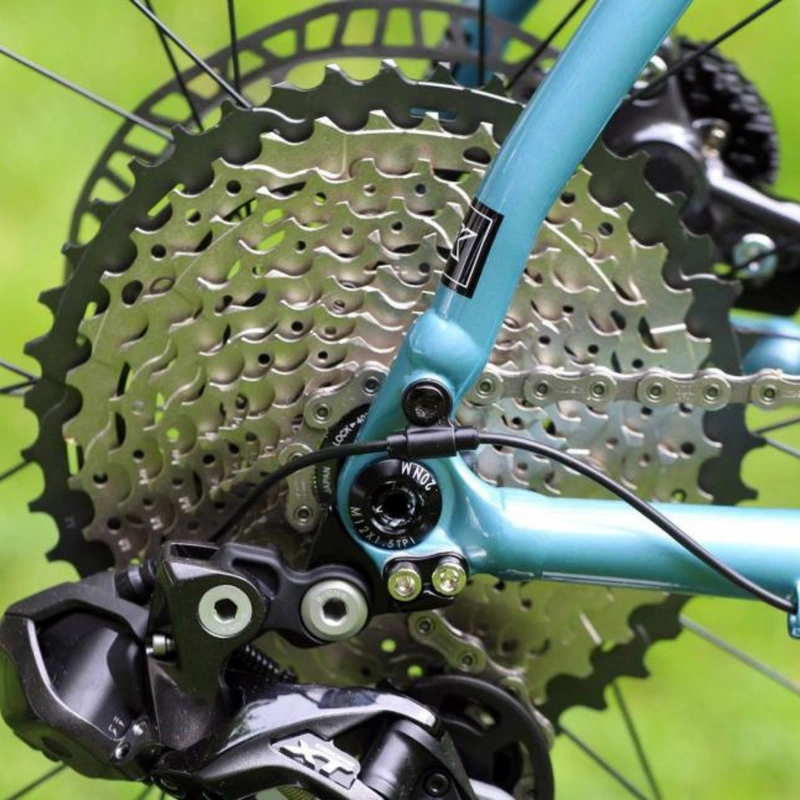
The front Derailleur controls the chain movement between the three front sprockets. The front derailleur controls the top part of the chain and this part is under tension while pedalling. In order to switch between front sprockets, you have to go easy on the pedals.
Rear Derailleur
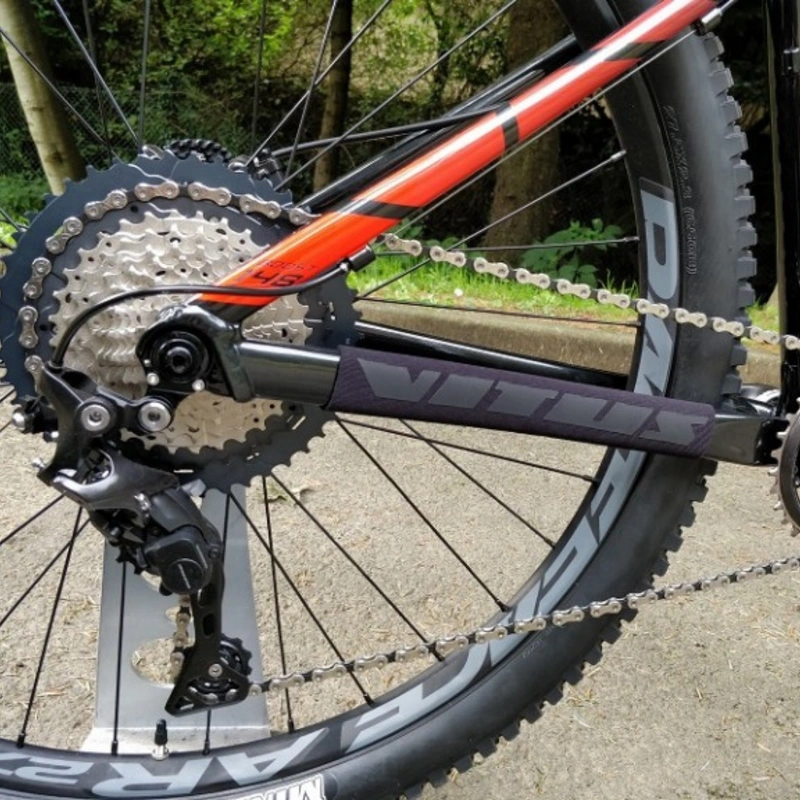
The rear derailleur controls the movement of the bottom of the chain while shifting gears and keeps the chain tense. The rear derailleur has two pulleys fitted in a cage. The upper pulley connects the chain to the sprocket and the lower pulley maintains tension in the lower chain section by pulling backwards.
Advantages of Geared Cycles
Geared cycles are suited for different types of terrains and you can ride comfortably by shifting gears
Faster than gearless cycles
You can ride without straining your muscles for long distances
Chain slip can be easily put back unlike non-geared cycles which takes a long time to do so
Disadvantages of Geared Cycles
Costlier and requires maintenance
Proper experience of shifting gears
Weigh more than gearless cycles
The replacement cost of derailleurs especially rear cog is costly
Conclusion: Which is better?
If you are an enthusiast rider and love going at a faster pace, climbs and descends without minding steep curves and heights, go for a multi-speed or geared cycle. If you are looking for a cycle on a budget for small commutes and a short smooth ride, ready to attain speed by pedalling, going for a gearless single-speed cycle is a good choice. Other parameters while buying a geared or gearless cycle online depends on your budget, riding preferences, weight, maintenance and more.

